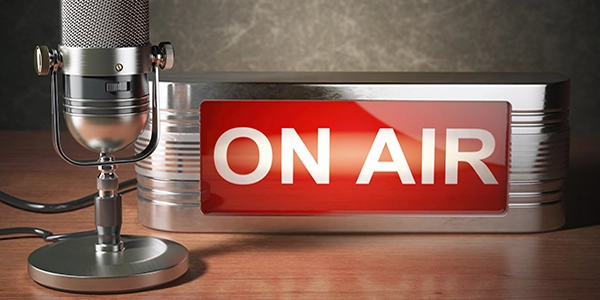
We’re all familiar with the term ‘fake news’ and the issues it can cause, but what does it mean for the ethicality of communications? The ever-expanding nature of the internet has allowed the concept of fake news to grow at exponential speeds, revolutionising the way in which we communicate, and impacting the role of the PR industry.
How important is communicating ethically?
Lack of ethical communications can lead to a lack of trust between the consumer and the business, and so following the principles of ethical communication is key. Ethical communication doesn’t mean publishing every piece of information about your company, it simply means that you are truthful in your communication and don’t twist the facts to represent something that simply isn’t true. At the top of Global Alliance’s list of guiding ethical principles is ‘working in the public interest’, along with ‘honesty, truth and fact-based communication’. Keeping these principles at the heart of your business is vital in the age of fake news to ensure you stay reputable amongst potential clients or customers.
Transparency is your best friend
Prospective clients are not only interested in statistics, but also credibility. If you are proven to have been dishonest or maliciously misrepresented certain important facts, it will – quite rightly – turn clients away from your company. Transparency comes hand-in-hand with ethical communications, as it means that customers and clients know exactly what they are getting. In fact, 94% of customers say they are more likely to be loyal to a brand that offers complete transparency, with 73% saying they would be willing to pay more for a completely transparent product or service.
Fake news is just that: fake
Finally, it is always a good idea to keep managing your company’s brand on an ongoing basis, including monitoring brand mentions and being quick to combat any issues that arise. Having a crisis communications plan is always a good idea, just in case an emergency arises where you have to think quickly – a rushed, improper response normally does more harm than good. Really, the best way to ensure fake news doesn’t swallow your business whole is to stick to an ethical communications plan and appear as transparent to your clients as it is possible to be.

By Hannah Kitchener
Associate Director
About the Author
Hannah is an associate director based in the UK, who leverages her strategic, campaign management, and written content creation expertise to support clients in the construction, energy, and materials handling sectors across Europe, the Middle East and Africa (EMEA). With a professional qualification in Journalism from the National Council of Training for Journalism in the UK, Hannah has strong interviewing and writing skills that enable her to craft compelling content for clients across multiple platforms. Her experience and knowledge of the construction, energy, and materials handling sectors, meanwhile, have helped her build a strong network of trade media contacts across the EMEA region, enabling her to secure meaningful media coverage for clients. In addition to her journalism training, Hannah’s academic qualifications have further honed her ability to communicate across cultures and languages. Having studied French and German at BA level, and with an MA in Translation, Hannah has a passion for inter-cultural communication, which is invaluable to SE10 in executing PR campaigns across multiple markets and in several languages.



